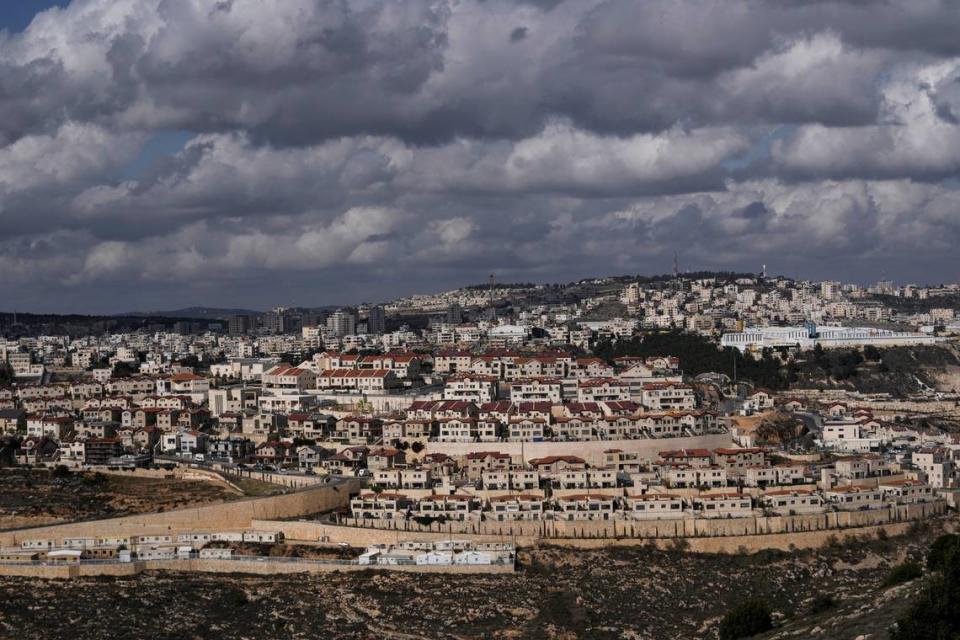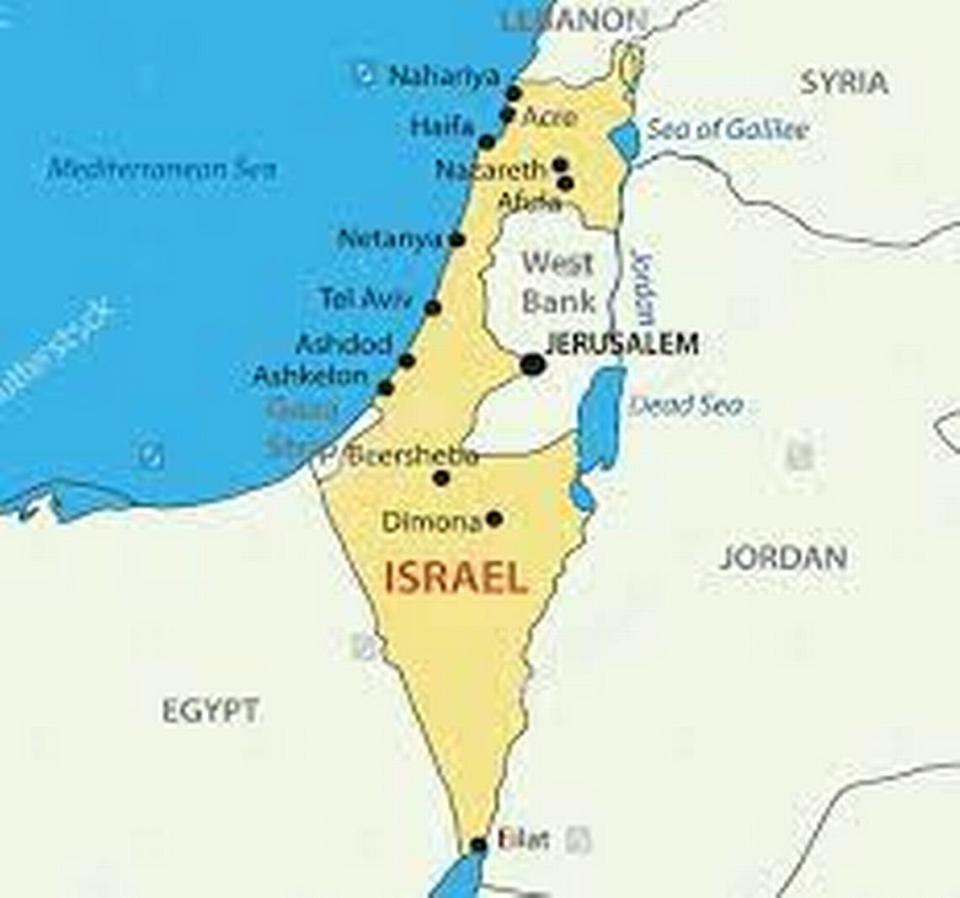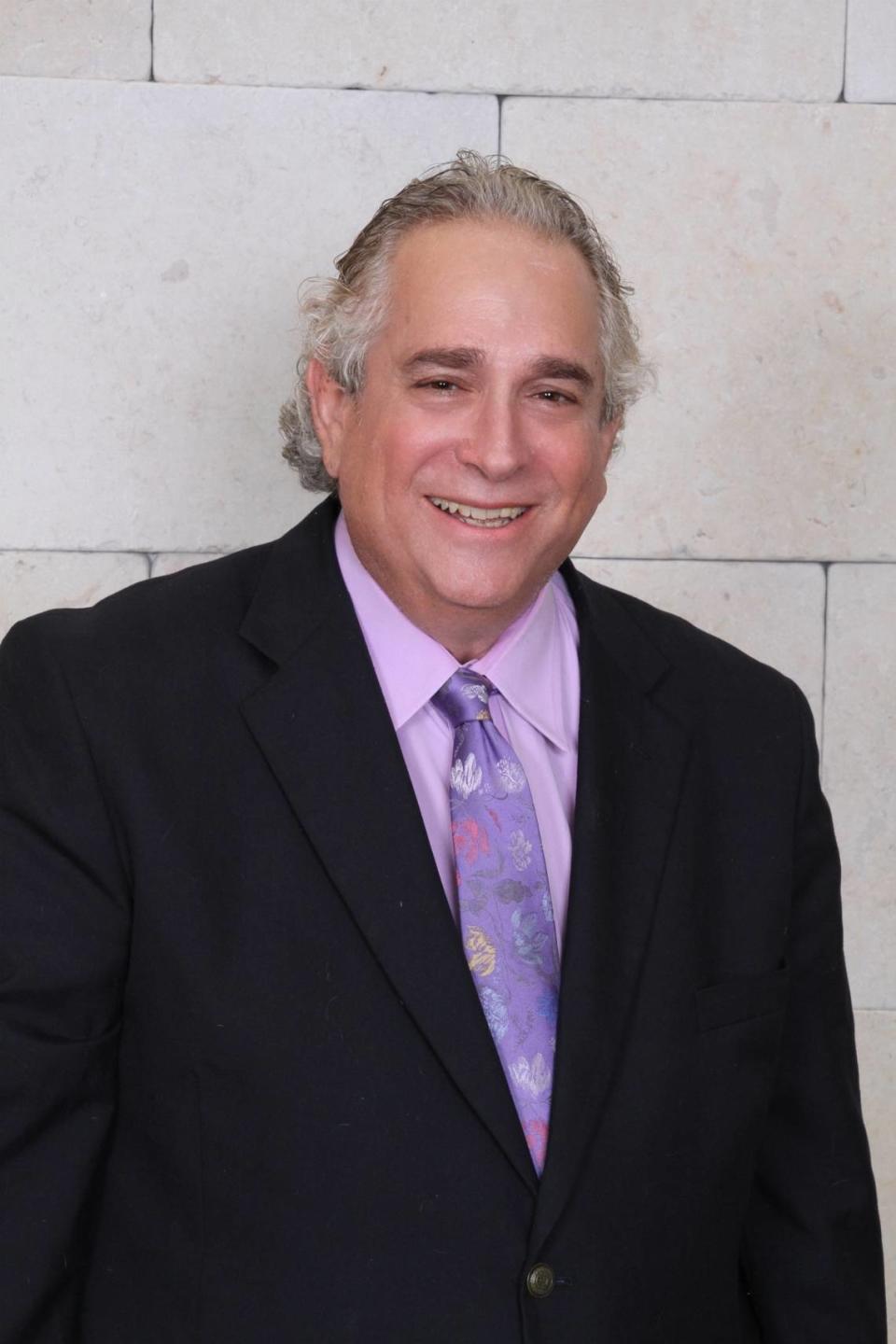Today’s modern Israel is a montage of emotions, cultures and religious traditions
Part 1 in a series of columns from Israel
Here I am, close to the eve of leading a trip of Christians and Jews to Israel and I am watching television reporting of Jews being murdered outside a synagogue on the outskirts of Jerusalem while exiting after their Sabbath services. Well-wishers say, “Rabbi, please be careful. Watch out and don’t go into any Arab neighborhoods.”
I understand the fear and appreciate everyone’s concerns about having a safe trip. It is just that kind of fear that starts to take hold of people and spreads throughout the nation. We in America have become inundated with terrorist attacks in our own country, not only against Jews but acts carried out by Americans against Americans. I have often said over the decades from the time I lived in Israel to the many trips and pilgrimages I have led there that I felt safest in Israel than in any other country.
Israelis are realistic and concerned like anyone else would be about the safety of their loved ones. Surely the wars that Israel has fought has left a long and tragic history of loss of precious lives. Those losses have hardened many in Israel toward the prospects for a two state solution and real peace versus a cold peace.
But one of the main attributes that Israelis evidence is their ability to prevail and not let those horrid acts of terror — from Hamas in Gaza or other Palestinian attacks against smaller groups, Israelis define or distract Israel from being the vibrant and amazing nation that it is and has been since 1948 when it declared its independence.

I say this because our trip will be about visiting sites sacred to both Christian and Jews. I have always believed that leading groups to Israel must not only be about visiting ancient and contemporary sites. Rather a pilgrimage to Israel must also include talking to the people. Visitors on our trip will speak with Jews of all religious backgrounds. We will speak with journalists and other teachers. We will meet with Jews and Arabs who run a program that seeks to create dialogue between Israeli Jews and Arab Israelis. We will meet with Jews who are secular and those who are observant and see how religious observance becomes connected to political affiliation.
Of course when I lead a group there always seems to be a hot-button issue that consumes the nation. Right now Israel is on a terrorist alert. But the most important issue is the ultra extremist right wing government that is attempting to create a bill to subvert the authority of the Israeli Supreme Court. In short, the new coalition in power aims to create a law that allows the Parliament or Knesset to strike down or override any Supreme Court decision by majority of one if they do not like the Court’s decision. This is a clear and present threat to a fundamental idea in a Democracy that is the separation of powers.

One of the reasons why I love Israel politics is that Israelis are not afraid and not hesitant to share their viewpoints on any issue. It is often said that in Israel each citizen believes he or she is a prime minister in their own eyes. Politics is a passion in Israel.
We will meet with Christian leaders who know very well that their rights to their holy sites are protected and respected by the Israeli government. In other words, Israel has always protected religious and historic sites for all to visit and worship at in this sacred land. On our trip, Jews and Christians will learn about each other’s sites and history as well.
We will visit Jerusalem, Tel Aviv and the Galilee as well as the Golan Heights. We will pray at the Western Wall inside the Jewish quarter of the Old City of Jerusalem and we shall enter the Church of the Holy Sepulcher where Jesus was laid down to rest after the Crucifixion.
The amazing part of visiting Israel is how easy it is to walk in the footsteps of the ancients as we enjoy the pleasures of a modern and robust state that has contributed so much to the betterment of the world. The old world of the land of Israel breathes alongside the new Israel where technology rules and study of ancient texts pervades the spirit of all Jews, Muslims and Christians. Whether people are studying archaeology in Biblical times, or the Koran, or the history of Christianity, it all seems to work, even if on the surface we see tumult from time to time.
Most travelers return home to the United States, regardless of their religious affiliation, feeling like they have broadened their own horizons on their religious identity. They feel the history that embraces multiple religions. The tensions that clearly exist in Israel impacts citizens’ lives every day. Yet, there is a joy and passion for Israelis who are proud of their land and who have fought too many times against their foes for the right to the land that they have occupied since King David.
We take this trip to Israel in honor of Israel’s 75th anniversary this coming spring. There comes a point where we put aside politics and feel the spirit of how so many competing cultures within Israel live alongside each other and how proud they feel as inheritors of their birthright as Jews.
Yet, that Jewish birthright to a Jewish state never precludes Christians and Muslims from all over the world from taking part in this montage of emotions, cultures and religious traditions that live side by side. This is the reason we invoke Psalm 122.6, which says, “Pray for the peace of Jerusalem. May all who love you be secure.”
That is my prayer, too.


